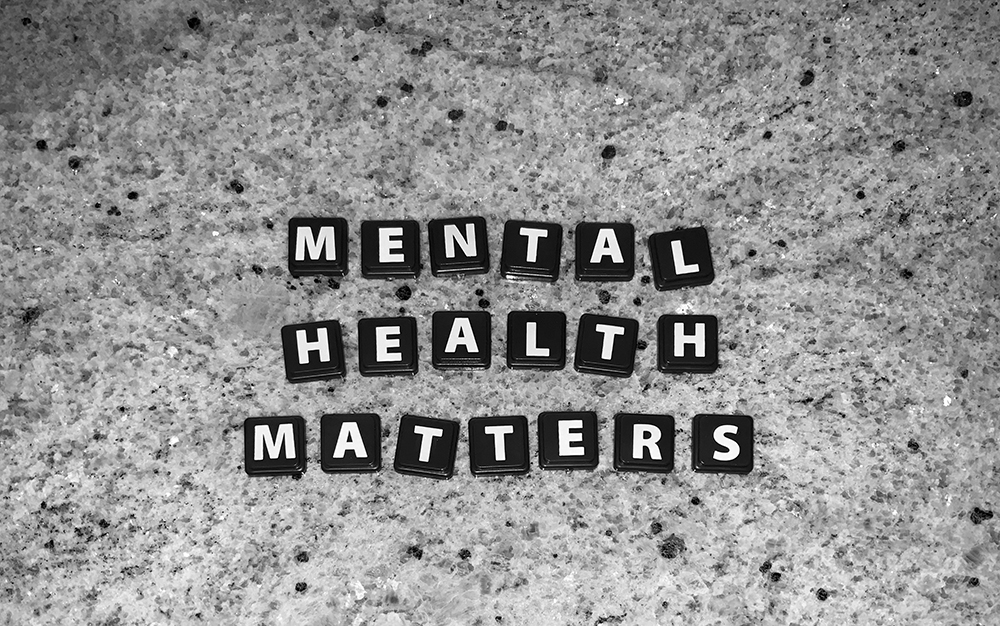I experienced my first deep loss at 5 years old — a great-aunt committed suicide. My young mind couldn’t make sense of it. We used to spend afternoons together, taking walks in the neighborhood. Most memories have faded now, but I do recall her smiling and laughing. I could never understand why she chose to end her life. After that day, every time I’d visit or pass that house, I’d envision her outside, wrestling with the idea, and ultimately pulling the trigger. It was a lot for a child’s brain to process.
In my early twenties, I lost three friends to suicide — by hanging and by gun. Later, a person very close to me slit her wrists. I remember receiving the phone call and rushing to the hospital, where she told me, essentially, that she’d failed that time, but I’d eventually have to let her go — she wasn’t meant for this world. In an unbelievable turn of events, after being medically treated, she was sent to jail (please see editor’s note at the end of this article). Not released to go home, to family, to be with friends for encouragement and support. She spent about a month in the county jail before being transferred to a mental health facility and eventually being diagnosed with borderline personality disorder. Why jail was ever a step in this situation always baffled me — what a place to be when you’re already in such a fragile state. (I’m grateful to report today, all these years later, that she is healthy, happily married, and living a full life.)
These losses and experiences have been on my mind of late, as May is Mental Health Awareness Month. Of course, mental health challenges don’t always lead to suicide or suicidal ideation. They can present in the form of emotional outbursts, isolation, mania, insomnia. Anxiety, depression, substance-abuse disorder, obsessive-compulsive behavior, and post-traumatic stress disorder are among the technical terms for such diagnoses. And many of us have either struggled with one or more of the aforementioned or know someone who has.
There is often a stigma surrounding mental health, which can make it difficult to address. How do you treat yourself if you’re experiencing overwhelming stress or incredibly low lows? Do you reach out to friends or family? Do you go to therapy? Do you consider discussing with a doctor? Do you hold it all in and wait for the storms to pass?
If a loved one expresses anxiety or depression and shares with you stories of their battles, do you lend a sympathetic ear? Or do you tell them in short to buck up, buttercup — “It’s all in your head. You can control that. Just use your willpower, honey. You’re stronger than this.” (Don’t do the latter, please.) Sometimes, a person needs only for you to sit with them in silence, be present alongside their sadness or stresses — not offering solutions, just your attention.
It’s never an easy path to navigate in either situation, whether it’s you or another person going through it. But it’s important to look for signs and symptoms, and address them as soon — and as gently — as possible.
Throughout the pandemic and subsequent lockdowns, many people’s mental health took a hit. During the peak and aftermath of Covid, suicide and overdose rates swelled. This could be attributed to heightened instances of domestic violence as people were forced to stay home; loss of income due to society shutdown; increased anxiety and depression amid endless news reports and statistics, and confusion and fear of the virus. We experienced collective trauma, leading to loneliness and even cognitive and behavioral changes that some have yet to recover from. And while, in the grand scheme, the worst of that is behind us, many are still finding it difficult to engage in the same ways they did pre-pandemic.
We all handle life’s challenges differently. We carry our own traumas. No two brains function the same when it comes to confronting or working to overcome mental health crises.
Think of your own internal landscapes, how they ebb and flow, and use this knowledge when interacting with others. You never know what weight someone’s carrying with them.
If you find yourself in a dark place today, remember that your success rate for making it through tough days so far is 100 percent. Hang on, hang in.
You are enough. You are worthy of love. You are never a burden. And there are many beautiful tomorrows — sunrises, sunsets, smiles, handshakes, hugs, hot meals, cool breezes, soft blankets, so many lovely things — waiting for you around this bend.
Help is available 24/7 if you need it. Call or text 988 or visit 988lifeline.org.
*Editor’s note: Since publishing this article, it has come to our attention that the person who attempted suicide had their civil rights violated by being detained. Attempted suicide is not illegal in the United States.
